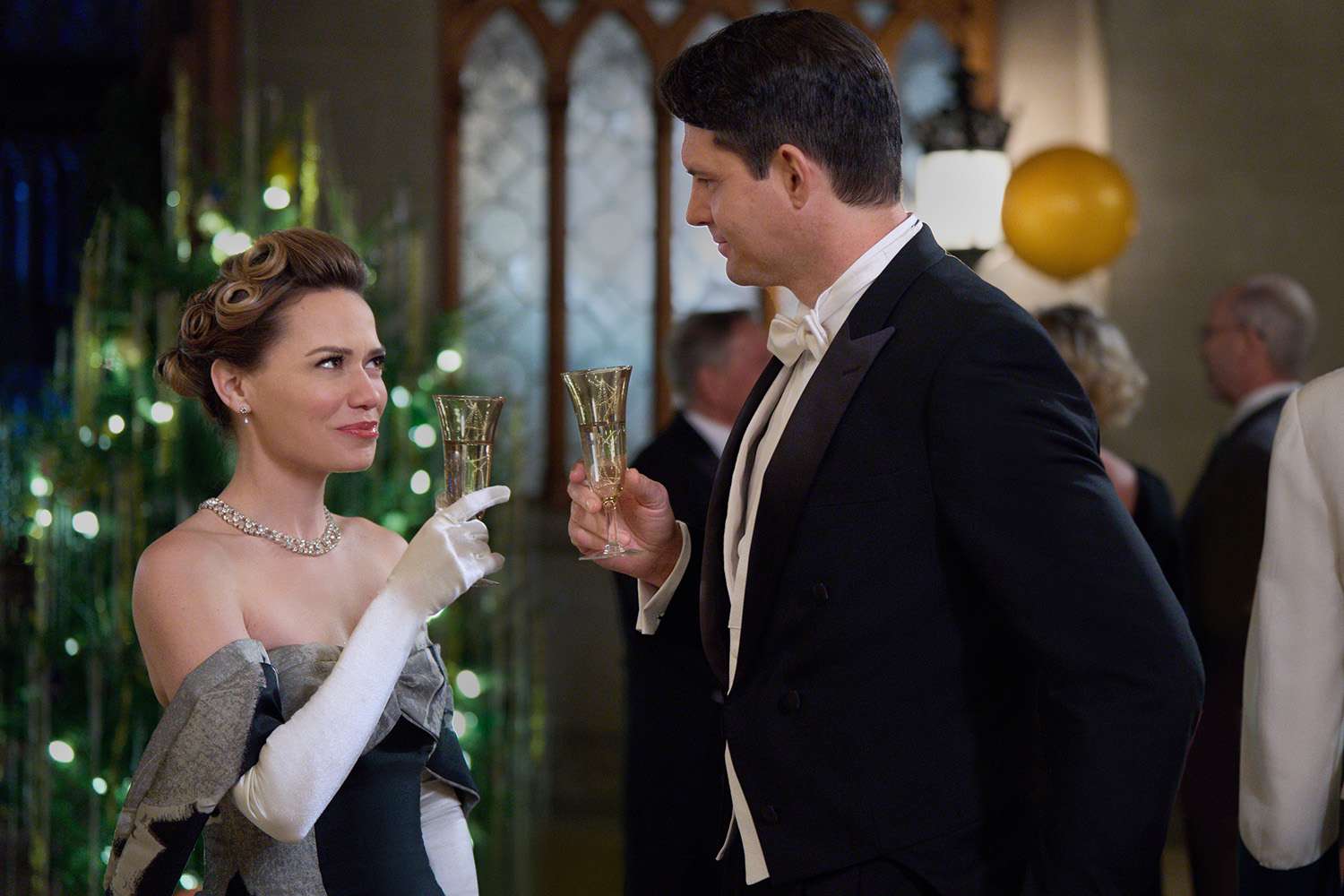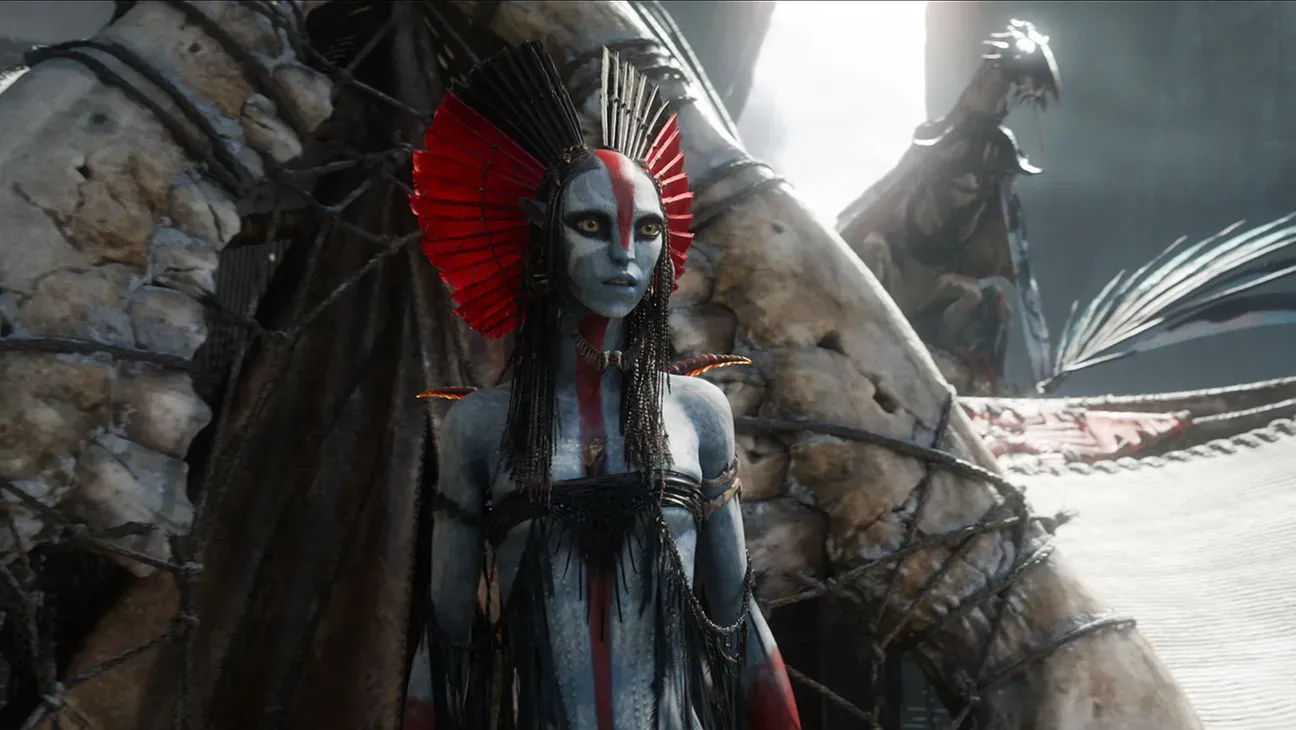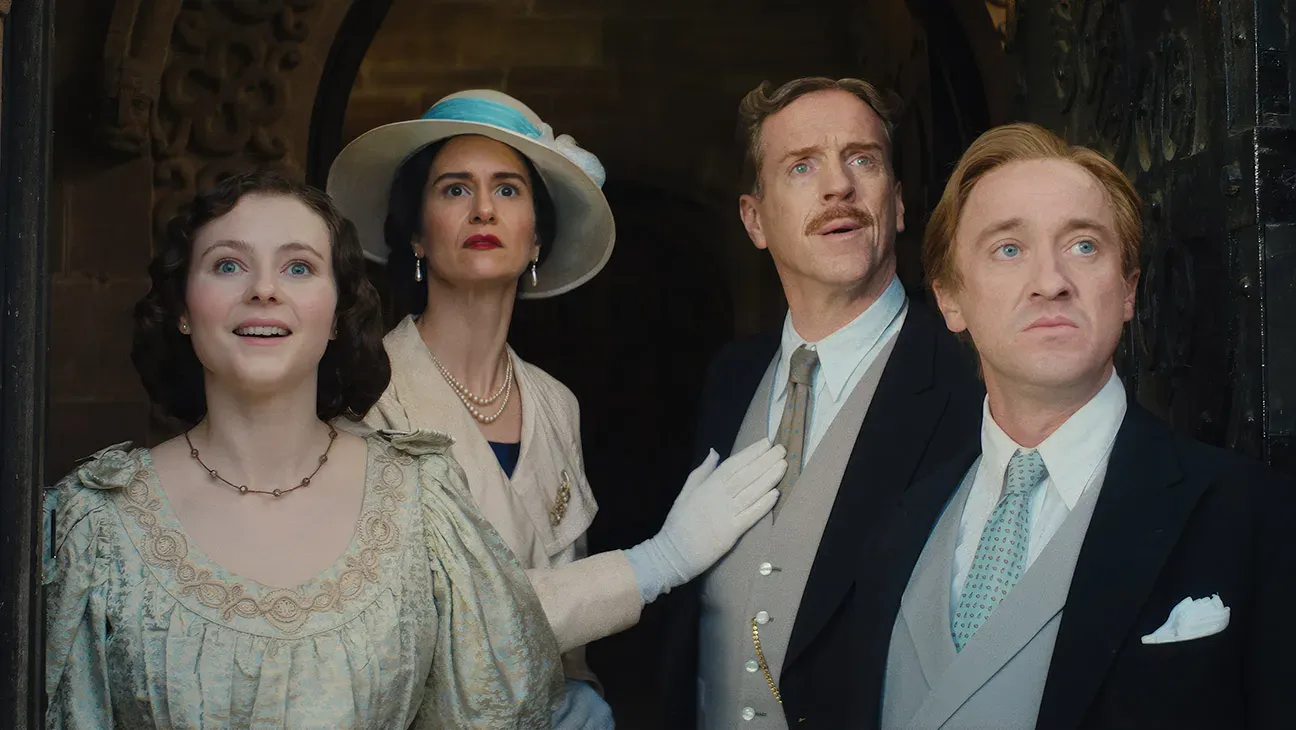
Blackout (2024) - Movie Review
- Mar 18, 2024
Larry Fessenden, widely known for his compelling 'That Guy' character roles and horror genre films, recently showcased his notable attention to performance and detail in his latest work, 'Blackout'. An adaptation of Fessenden's audio drama from the 'Tales from Beyond the Pale' series, this movie portrays the desperate plight of a man with a lycanthropic curse. It retains a unique air of melancholic dread throughout, enriched by Fessenden's detailed character development and notable collaboration with the cast.
'Blackout' follows the life of Charley Barrett, played by Alex Hurt, a popular local drunk with a werewolf curse. The plot unfolds as Charley grapples with his impending transformation and its deadly consequences. Throughout the movie, Barrett interacts with a range of intriguing characters, each tinged with their own quirks and limitations, amplifying Fessenden's deep devotion to detailed character development.
One of the crucial subplots revolves around a thoughtful conversation between two police officers about the German concept of 'umwelt,'-a perspective driven world. This dialogue does an exceptional job of explicating some aspects of the movie’s plot while highlighting Fessenden's priorities as a filmmaker.

However, 'Blackout' encounters its weakest moments when it adheres too rigidly to conventional plot progressions, such as the rising body count and the police closing in on Charley. The movie's strength lies in its unconventional and conversation-rich scenes which portray Fessenden's affection for the characters, exemplifying the director’s knack for grandeur beyond the usual boundaries.
Despite having many praiseworthy features, 'Blackout' doesn't entirely meet the heightened expectations generated by Fessenden’s earlier films. The relatively lesser amount of 'umwelt' or individual perspective-driven navigation in the plot seems to hinder the unfolding of the rich tapestry of characters. The film lacks the signature 'extra mile' of unpredictability and poetic whimsy generally found in Fessenden's works, leaving the audience yearning for more.







